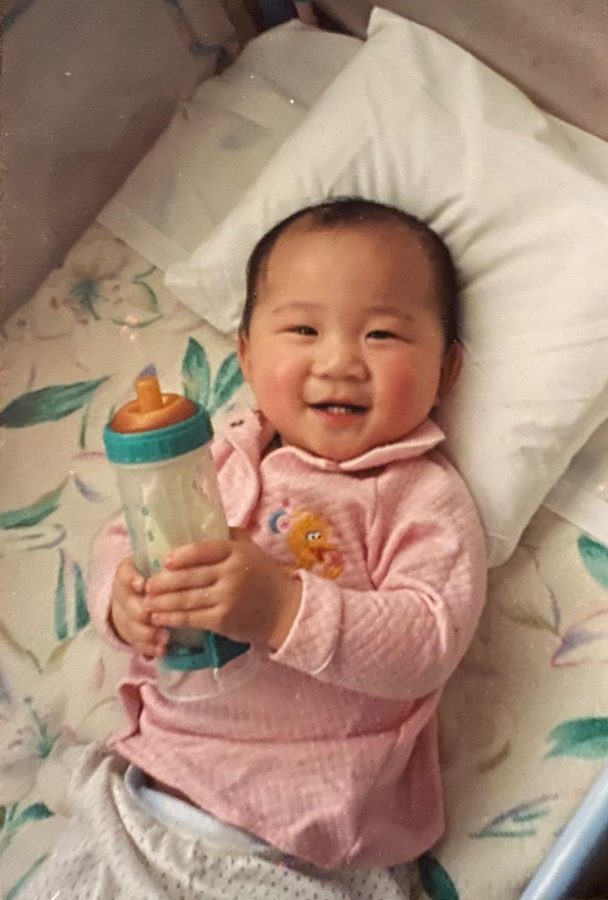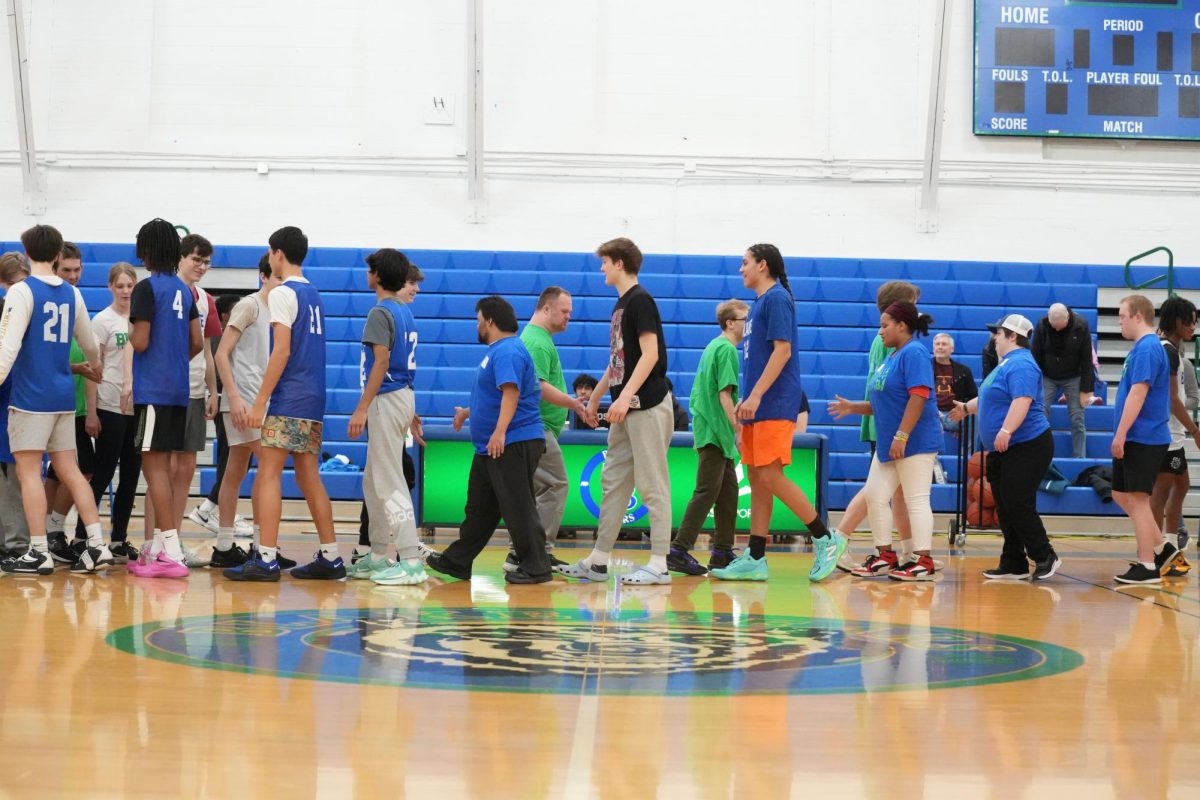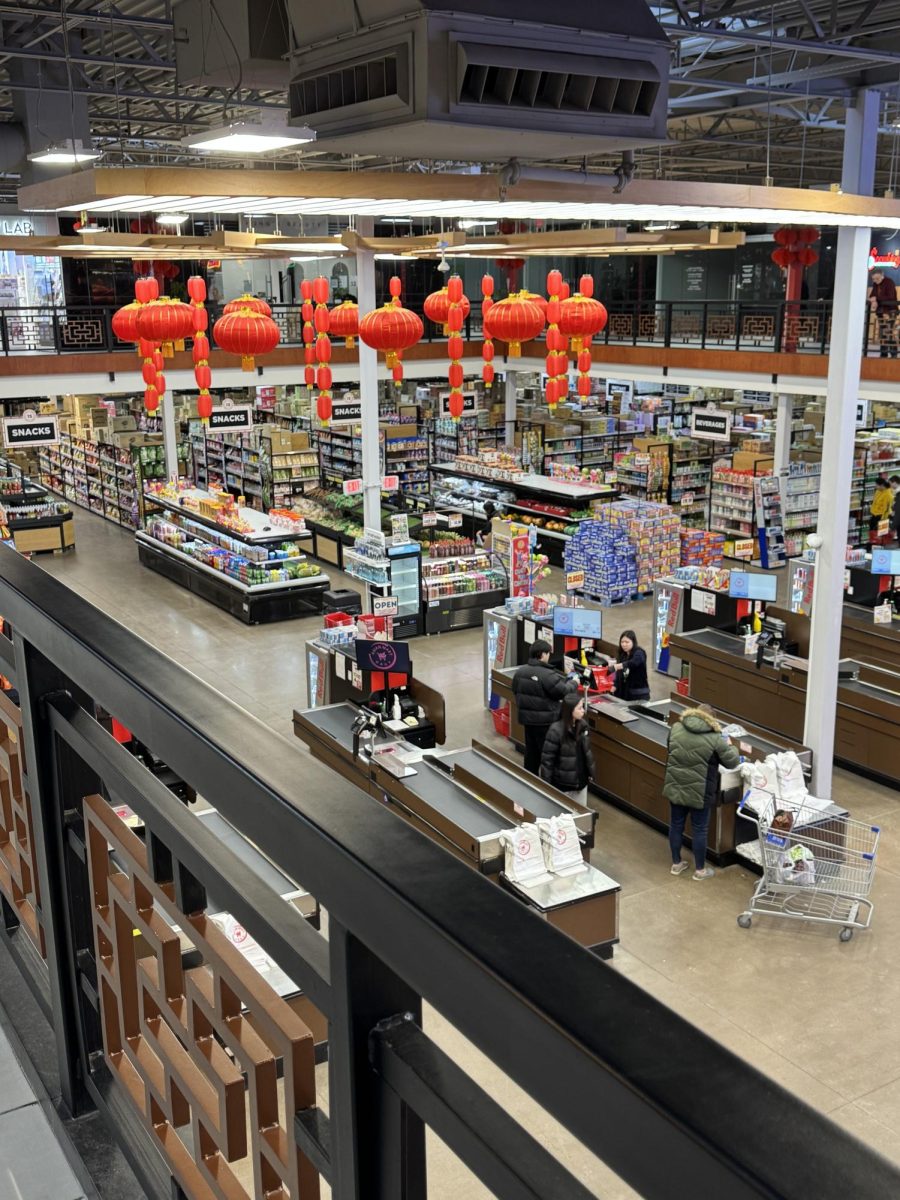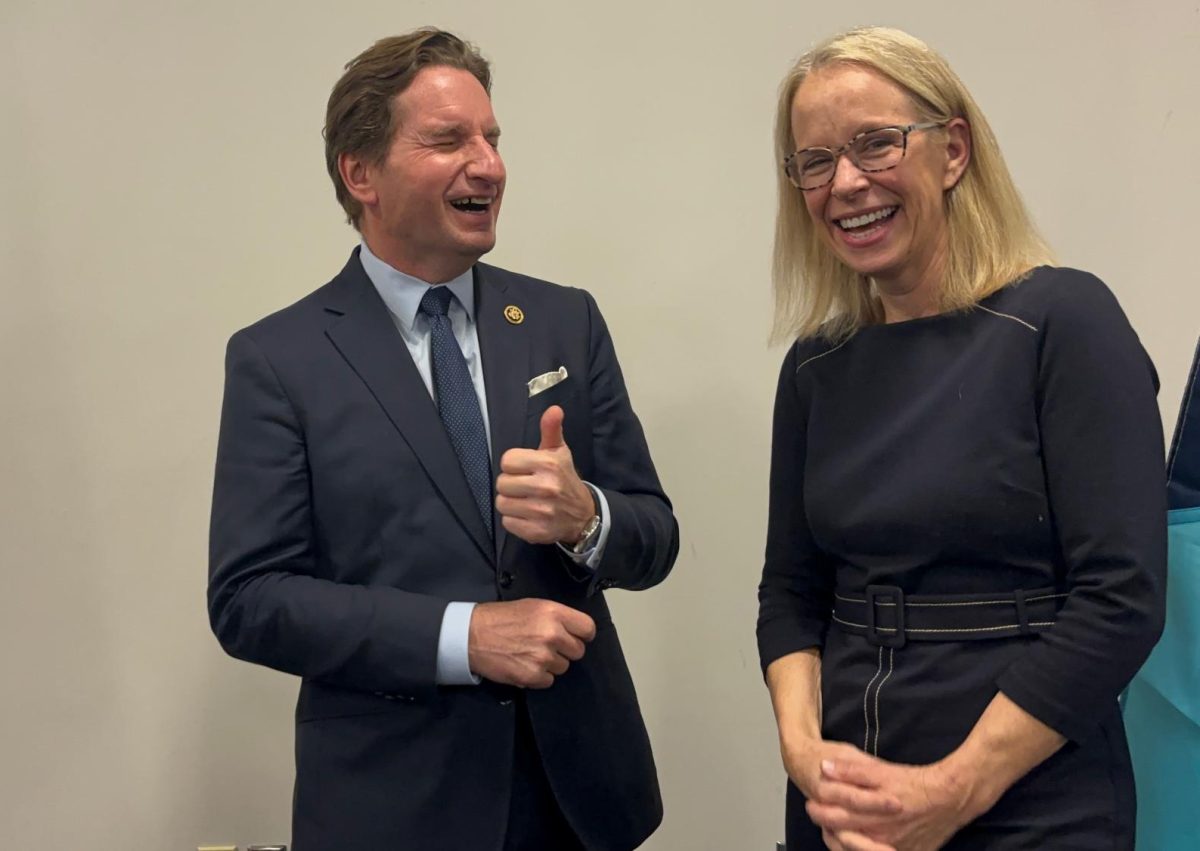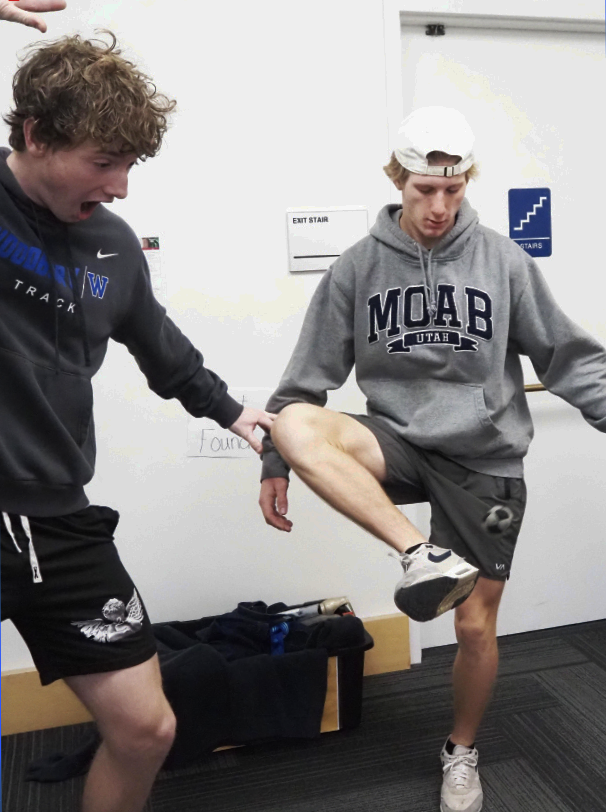My dad hands me three small circles of dough. I lay one flat on a plate and scoop a mixture of pork and cabbage into its center. As I dip my finger into a bowl of water, I look over to see my sister one step ahead of me, running water along the edge of the circle, letting the water molecules stick the dough together, enclosing the filling inside. I hurry to catch up and pinch together the top for decoration. My mom takes my small meat and cabbage-filled package and gently plops it into a large pot of boiling water.
Making dumplings is a traditional way to celebrate Chinese New Year, but as I sit at the dining room table with steam from the freshly boiled dumplings rising and hitting my face, my eyes are not met with three round-faced and black-haired individuals like myself, but rather just one. To my left is my mom with her slender face and brown hair. To my right is my dad towering over me, his mustache perfectly groomed. Sitting across from me is my sister, whose long black hair is pulled back off her naturally tanned face.
I sit and eat my dumplings, thinking about how my family and I celebrate the most important Chinese holiday like we would Christmas to honor my sister’s and my Chinese heritage.
I was adopted at 14 months old and brought to my new home, relocating from Anhui, China, to Minneapolis, Minnesota. Growing up, I have found myself standing on the edge between my Chinese and American identities, eager to figure out where I belong.
During the summer of 2019, on behalf of a scholarship from the U.S. State Department, I was able to return to my birth country and immerse myself in the Chinese language and culture. My one fear was how I would fit in.
One afternoon, my host dad dropped me and my host sister off at a learning center for children with hearing aids. We were there to participate in a volunteer activity. As we entered the small building decorated with children’s artwork, I waited for someone to make a comment about the foreigner in the room, just like I have heard many times before, but no one said a word. I realized that without my fellow blonde-haired and blue-eyed Americans by my side, nobody could even tell I am a foreigner. I simply blend in with everyone else. As the teacher begins talking, I worry I will not understand because she will not know to slow down to accommodate an American listener. I was happily surprised when each character seamlessly travels out of the teacher’s mouth and into my ear. I sat in my American style clothes and high ponytail, absorbing the rest of the fast-paced Chinese. I smiled; my nine years at a Chinese immersion school paid off.
Adoption is not often discussed, but it should not be viewed in a negative light. Adoption is fairly common, yet it is not a topic that is often discussed. If you have been watching senior speeches this year, you probably listened to Ben Aronow’s speech on adoption. In the beginning, he played a compilation of movie clips in which the phrase “you are adopted” was used as either an insult or shared as sad news. Many people view adopted children as lesser than biological children, but family is not defined by blood. Despite media portrayal, adoption is not a bad thing and no one should be ashamed or made fun of because they may look different from their parents.
Although growing up as a Chinese adoptee in America has sometimes left me feeling like I am straddling the two sides of my identity, making me question where I fit in, I have learned how to embrace both sides. I don’t live life constantly thinking of my identity as an adoptee, rather I view it as one aspect of who I am. Yes, it has significantly shaped my life and will continue to be part of me into the future, but I try not to let it dictate who I am supposed to be or how I am supposed to live my life. I have come to realize that I am lucky to be adopted because that means that I am able to immerse myself in two different countries and two different cultures. The exact thing that makes me stand out and question who I am is the piece of my identity that makes me unique and grants me the power to experience two lives in one.

